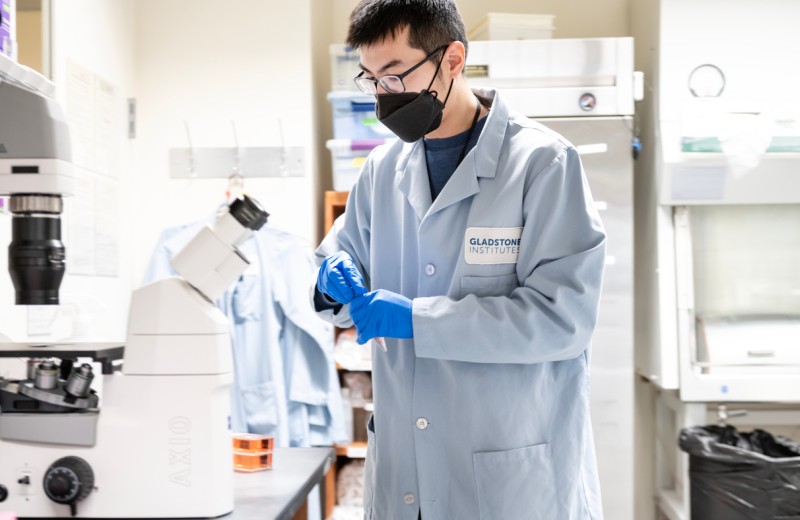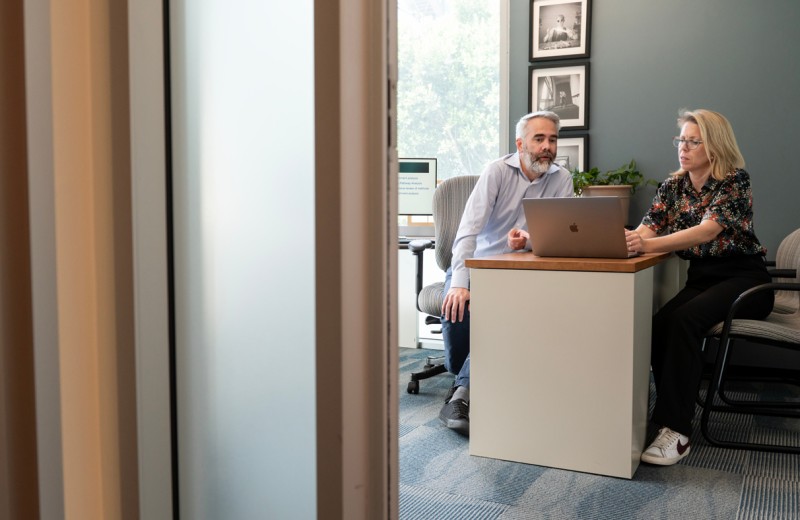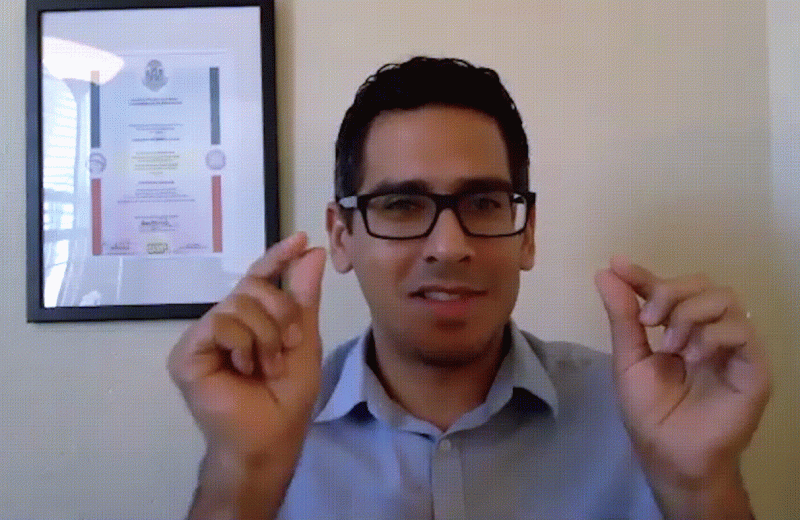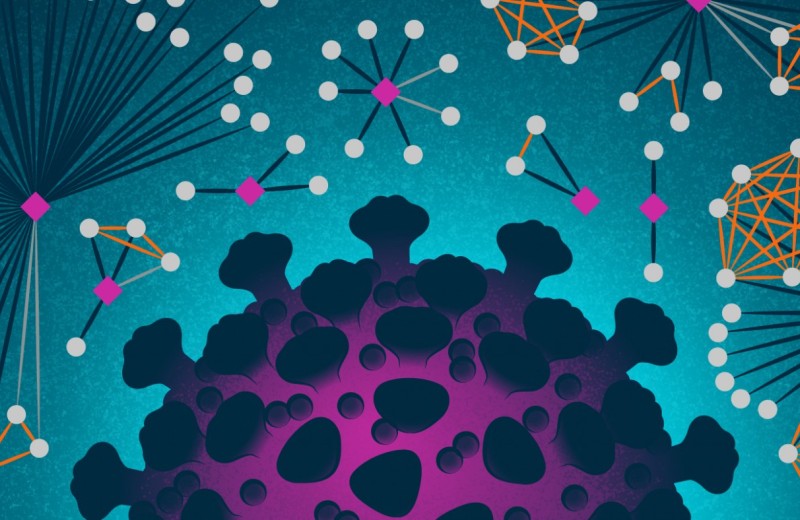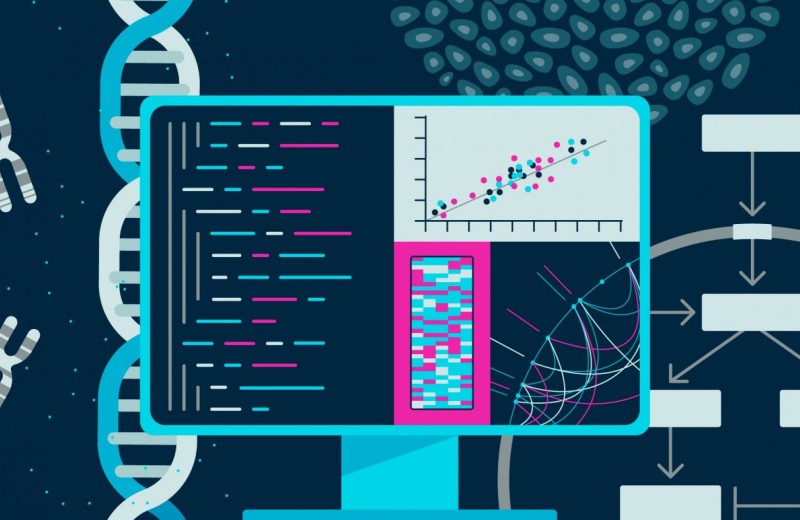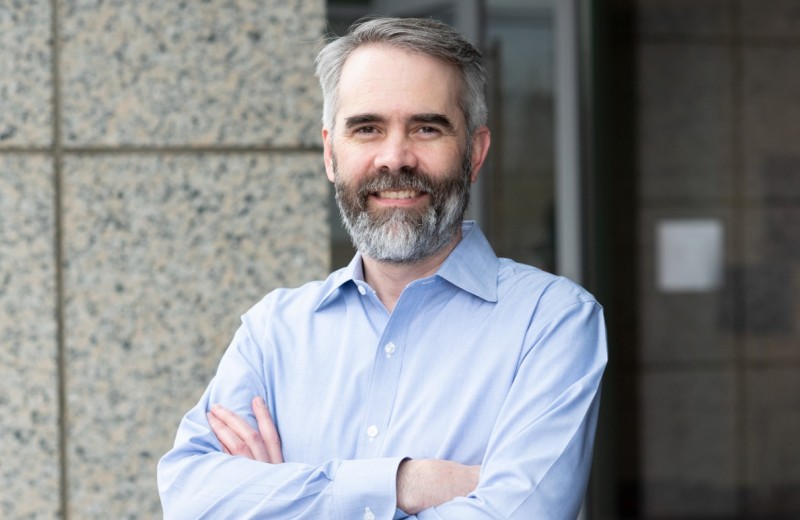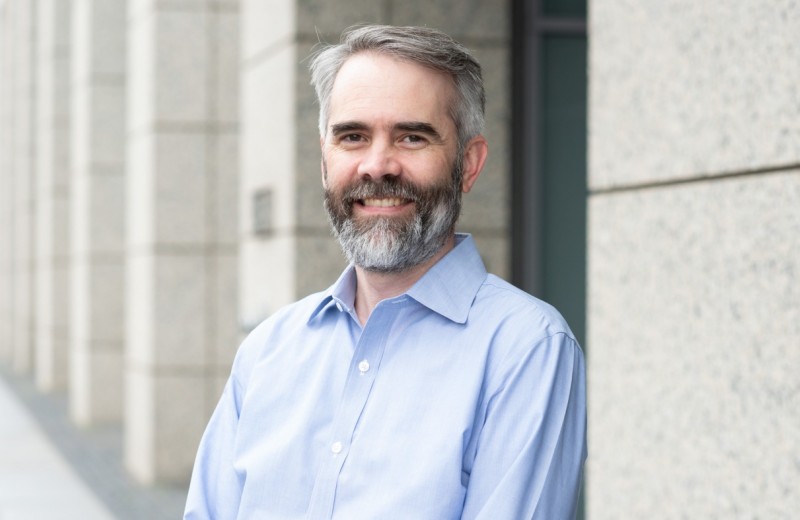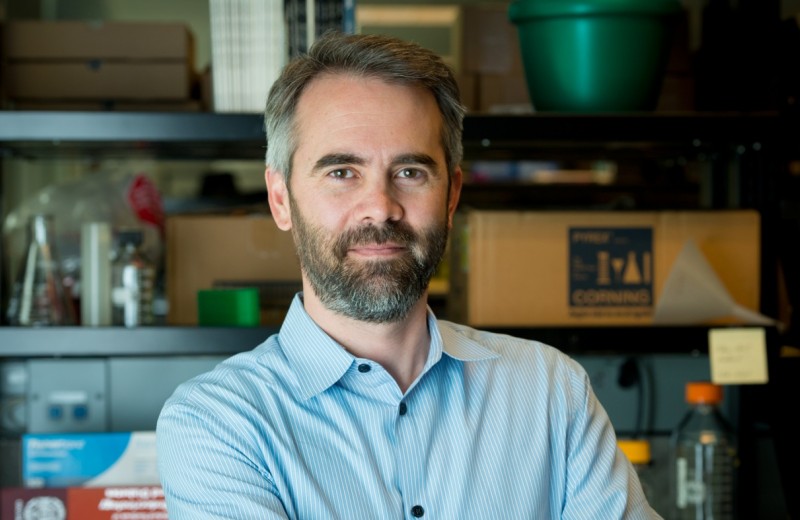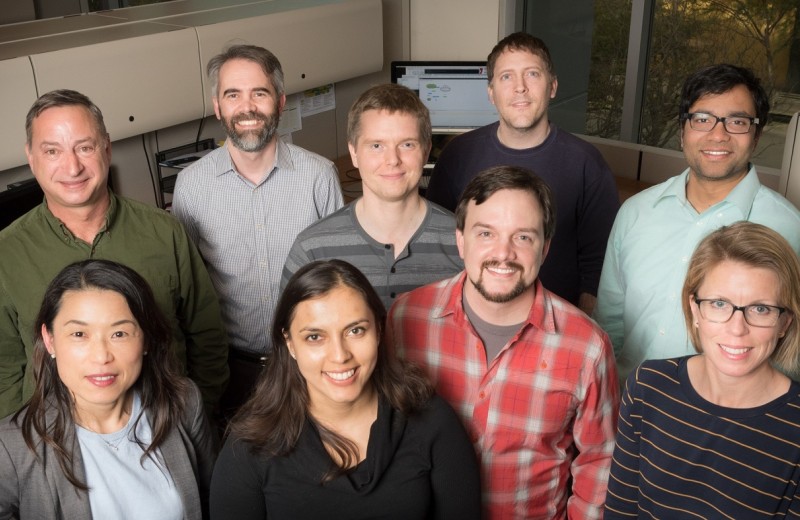Data Science Training Program
Alex Pico, PhD
This course will introduce the basic concepts of biological network analysis and provide practical instruction on commonly used tools and databases, with a focus on Cytoscape to analyze and visualize biological networks. It will comprise theoretical and practical sessions where course participants will learn how to perform computational analyses of biological networks and how to build tools within the Cytoscape ecosystem.
By the end of this course you will be able to:
- Understand the major applications of network biology
- Understand Cytoscape ecosystem infrastructure
- Programmatically control and access Cytoscape services
- Integrate Cytoscape into your bioinformatics pipelines
- Know where to find relevant Cytoscape apps and tutorials
Prerequisites: A solid computer science and programming background; Course is geared toward computer science students. Bring your own laptop.
Details
Dates
February 21, 2020Time
1:00-5:00pm PSTLocation
Mission Hall, Room 1401/1402
The Gladstone Data Science Training Program was started in 2018 to provide trainees with learning opportunities and hands-on workshops to improve their skills in bioinformatics and computational analysis. This program offers a series of workshops throughout the year to enable trainees to gain new skills and get support with their questions and data.
Getting There

Diversity, Equity, and Inclusion
At Gladstone, we are committed to providing events and professional development activities that resonate with our community’s diverse members. Our goal is to develop creative programming that encompasses a wide variety of ideas and perspectives to inspire, educate, and engage with everyone within our walls.
We want to effect positive change through our events and activities by providing a platform for discussions on important topics related to increasing diversity and inclusiveness in the sciences.



